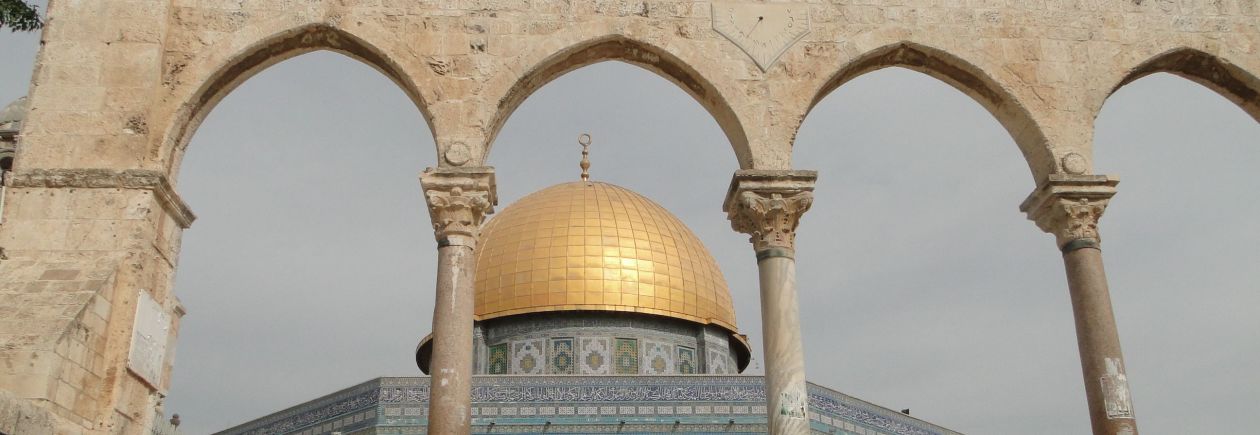For Immediate Release
May 20, 2016
United Methodist General Conference Calls on Israel to End Unjust
Practices Toward Palestinians
Despite fierce opposition, which included calls to delegates from
Israeli ambassadors and consulates, the United Methodist General
Conference passed strong measures calling for an end to Israel’s
unjust practices toward Palestinians.
One of these measures, Resolution 60206, calls on Israel to correct
the unequal distribution of water in the West Bank, where illegal
Israeli settlers receive four times as much water as the indigenous
Palestinians. It also demands that Israel recognize existing titles to
land owned by Palestinians within the West Bank.
Another measure passed by the conference, Resolution 60843, calls for
accountability from the Israeli government for the destruction of land
and life. It urges US officials to contact the Israeli government to
halt the expansion of illegal settlements and confiscation of
Palestinian land.
A third measure, Resolution 60868, calls for a church-wide Task Force
led by key agencies to review and research actions that respond to the
requests by church missionaries and Palestinian Christians. All United
Methodist missionaries who have served in the Holy Land and thousands
of Palestinian Christians have asked the church to cut its financial
ties to the occupation.
Resolution 60206 reflected concern that Israeli settlers have access
to four times as much water as Palestinians, though the major aquifer
is located beneath Palestinian land. This allocation of water
according to ethnicity is a violation of United Methodist principles
and international law. Throughout the West Bank, Palestinian land is
being surrounded and confiscated for Israeli settlements, which the
church opposes. Orchards and homes are being destroyed.
Resolution 60843 focused on the Palestinian village of Wadi Foquin,
where the UMC has a partnership with the village. Church members
traveling to Wadi Foquin have seen the human rights abuses villagers
suffer, including raw sewage running from the large illegal settlement
of Beitar Illit onto the village farmland below it. In 2014, the
Israeli government declared over 1,000 acres of private land belonging
to Wadi Foquin and neighboring Palestinian villages to be “state
land,” in violation of international law. In June 2015, the Israeli
army accompanied bulldozers that destroyed 1300 fruit trees belonging
to farmers in the village. The Israeli government also issued a stop
work order for construction of a soccer field funded by United
Methodist donations through the church’s Board of Global Ministries.
The task force created by Resolution 60868 was established in
recognition of the growing movement within the church working for
Palestinian human rights. The rationale included in that measure
referenced Resolution 6111 from the last General Conference in 2012
that called on all nations to ban the import of goods and services
coming from illegal settlements. In addition to the boycott action,
the church’s pension board excluded five Israeli banks from investment
this past December, divesting from two of the banks and one Israeli
construction company.
Rev. Michael Yoshii, Co-chair of the advocacy group United Methodist
Kairos Response (UMKR), said, “We were humbled by the widespread
support for Palestinians, especially among indigenous people and
ethnic caucuses within the church. Bishop John Yambasu of Sierra Leone
delivered a powerful sermon during the conference calling for justice
for the Palestinian people.”
A UMKR event during the conference featured three Bishops, including
the President of the United Methodist Council of Bishops, who called
for the use of decisive action by the church to cut its ties to the
occupation. Japanese Americans, Filipino Lumad natives, Africans and
the head of the Native American International Caucus were among those
highlighting the parallels between the Palestinian plight today and
the ethnic cleansing of other indigenous peoples.
Rev. Yoshii also noted the strong interfaith support for UMKR and its
efforts in Portland, saying, “We are grateful for the chance to work
with such dedicated people in this continued quest for justice as we
seek to answer the Palestinians’ call for freedom.”
United Methodist Kairos Response is a global grassroots group within
the United Methodist Church seeking to respond to the urgent call of
Palestinian Christians for actions that can end the Israeli occupation
of their land. For more information, visit www.kairosresponse.org.
